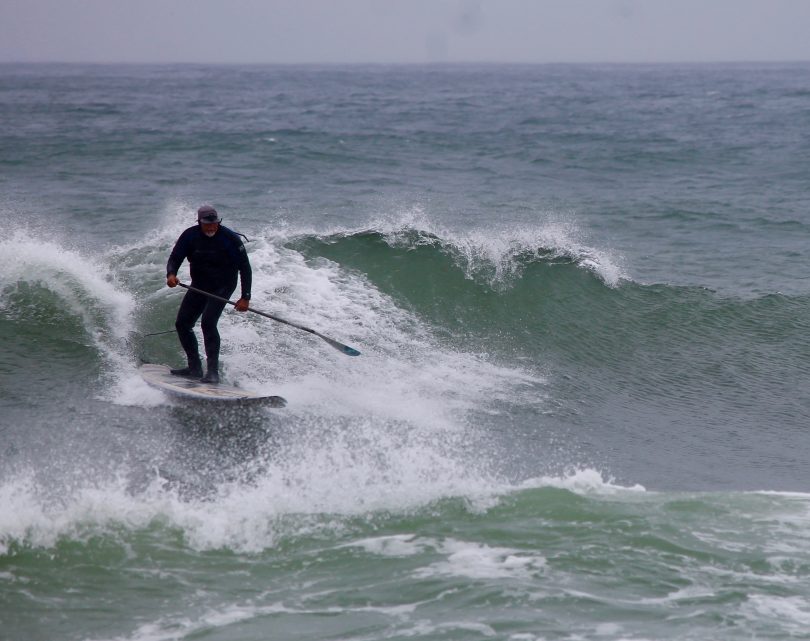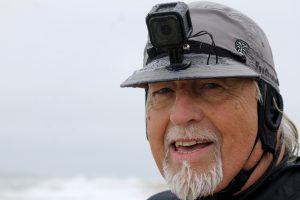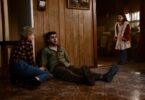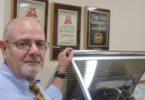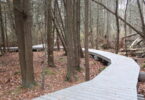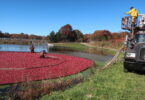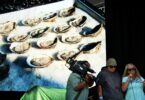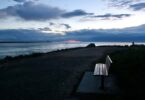ORLEANS – Rick Weeks’ “first surf awareness” happened exactly like this.
“My family was driving over the Bourne Bridge,” recalled Weeks, 69, of Orleans.
It was the 1950s and his parents had a summer home in the Megansett section of North Falmouth, a place he described as “the summer of ’42 frozen in time.”
“At the time, there was a Howard Johnson’s at the bridge and there was a surfboard on a car there as we went by,” he said. “I made my parents drive around the rotary so we could drive through the parking lot and I could see it up close. I just wanted to see it.”
The family had an “English Ford station wagon, a little tiny thing, Mini-Cooper sized,” he said. Although his parents had that summer home in North Falmouth, he was a kid from the landlocked town of Cheshire, Connecticut, in “the only coastal state in America where there is no surf,” said Weeks.
But there it was, in the parking lot of a Howard Johnson’s, strapped to the roof of a car.
It was something from his imagination, or from a magazine.
But he could see it. A real surfboard.
It was so real and so significant that that boy who first saw that surfboard in the 1950s on top of a car in a parking lot near the Bourne Bridge now says of his life, at almost 70, “Surfing was too important to me to have a real job.”
“Anybody who feels a passion for surfing feels exactly the same thing,” said Weeks. “Your life alters from that moment forward.”

